|
Malaysia has just announced another total lockdown, beginning the 1st May 2021. It's awful, but it's necessary. Today's positive cases have reached a staggering 9000+, and death rates are frightening. Whatever little leniency that has been slowly given back to us over the past year is now being retracted with this devastating new reality. The next two weeks will be exactly as how it was the first time, a year ago: sitting at home with strict movement control order, shops completely closed, and absolutely no recreational activity, not even a walk outside in the sunshine. We all have our own challenges of being in lockdown with our own set of circumstance, but being in a lockdown alone is definitely a completely different ballgame. Isolated alone. Damn. Even mulling over that phrase gives me the dreads. Having been through it for the past year, I can affirmatively say that the isolation is depressing and sometimes, even crippling. How many times have I found myself not having the motivation to even get out of bed? That dreaded feeling of having to face another day in complete silence, with no one to talk to and no way of getting outside of these 4 walls made me feel imprisoned, and not just physically, too. Having no liberation impacted my mental health, sometimes to the point that I couldn't even motivate myself to do anything at all. On occasions, I would just stare at the TV screen, not even watching what I was seeing. Worse still, my emotions were harder to manage, with mood swings, an unshakeable sense of anxiety, and a lot of fear of just wasting my life away like this. (The really freaky part was when I caught myself talking to myself as I was cooking. That was insane.) That shitty feeling of stuck in stagnant is mainly driven by the sense of not growing. Unlike our past life pre-lockdown, we are no longer having new experiences, meeting new people, getting thrown into new or uncomfortable situations, or even learning anything new - all these things that are the subconscious ways of growing. This is especially true when you live alone. Realizing this, I began to find ways to ensure that my brain is always stimulated. I started painting. I began learning about how to self-publish my own books. I have a friend who began learning how to play the guitar, and another who taught herself how to make fermented food. Creating your own opportunities to learn something new at your own home is just something I had to learn how to do in order to compensate for all of the external experiences I was missing. Is my painting quality equivalent to that time when Paris Hilton thought she could sing? Absolutely. But who cares? The priority for me is to keep creating, thus expanding the horizons of my brain, not so much on the 'am I the next Pablo Picasso?' question. Another important thing I have learned is the power of cultivating your own happy hormones. Yes, you can actually build and sustain your happy hormones, thanks to science. It's such an overstated suggestion and I'm sure we've all heard it about 1 million times, but truly, truly, exercise is the most underutilized anti-depressant. It has been proven to ease anxiety, boost moods and helps better sleep. I observed that on days when I made an effort to have at least 30 minutes worth of active movement, I was in a much happier state and was able to get better sleep compared to the days when I didn't do any exercise at all. Personally, I like yoga (I really benefit from the mental stillness aspect of this) and dancing (I love music), but the key is to really just get your dose of endorphins. I know, I like to moan and say "it's harder to work out when you're alone at homeee" too. But here's a hard-to-swallow pill; you're going to be at home alone for a while now, so it's time to snap out of that excuse. By observation, I also noticed that friends who do not exercise during lockdown seem to be easily agitated and stressed. I usually do an online class, like this one from Lagom Yoga Shala (ig: @lagomyogashala ) by my yoga teacher @fredamarcy A second way to cultivate your own happy hormones is by feeding your happiness. Nutrition is DIRECTLY linked to wellness, and certain foods have been proven to be good mood boosters. In the beginning of the pandemic, I fell into the trickery of eating whatever the hell I wanted, in the name of 'surviving' the lockdown. What I ended up with was just a few extra kilos and a whole lotta acne that only made me feel worse about myself, which in turn made me feel even more resentful towards the lockdown situation. I did a self-experiment in the past year where I braved myself to eat a mostly plant-based diet (with the occasional 2 or 3 servings of meat/fish a week), and it really did improve my mood so much. For ideas on how to prep and cook plant-based meals (because let's face it, if you don't get creative, these kinds of food gets really boring really fast), I usually seek inspiration from these chefs and influencers on Instagram: @deliciouslyella , @happyskinkitchen , @jamieoliver , @ottolenghi A third way of sustaining your mental stability is by controlling what your brain consumes. My favourite kind of TV shows have always been the depressing kind - murder documentaries, movies about people going through terrible things and dark drama. With the lockdown, I had to teach myself to watch happier, brighter things. Our brains are affected by the themes and energy that we consume, and so I have shifted to watch romcoms, comedies, sitcoms and nature documentaries. There was a time when I relapsed and began watching murder documentaries again, and as a result I had trouble sleeping because there was nothing at home to contrast the energy I got from watching gruesome murder scenes and listening to real-life horror stories.
Last but not least, here is one key element that I felt have truly changed the way I was able to perceive my lockdown; I worked on my spirituality. With all the time that I have now that I'm stuck at home, I could now indulge in exploring my inner needs. Spirituality means differently to different people. Some of us have a chosen specific faith to channel that need, while the rest of us are more contemporary. I tried many different things for the past year, and I have to say that I have enjoyed all of them. I learned how to meditate using guided mediations online, I tried sound baths which I absolutely loved, and I even embarked on trying to learn more about the Quran (slow pace, though). Improving on your spirituality can even be as simple as allocating a few minutes a day to just sit with yourself in silence and listing down things you're grateful for, or teaching yourself to be more present (i.e. AWAY from the internet). (Something that really works for me: Every few hours, I find a patch of sky from my window or balcony, and just stare up at the blue sky and clouds for 5 minutes straight. It does some crazy magic to clear your head and give you relief) Resources that I found helpful, elevating and motivational are: Headspace Guide to Meditation (Netflix), Masterclass by Oprah Winfrey (Spotify), Tibetan Bowl Playlist (Spotify. This is good to assist you to meditate), Headspace Guide to Sleep (Netflix). All of these things really helped me for the past year. Are they foolproof? Honestly, of course not. Some days none of these things work, and all I want to do is to eat a tub of ice cream, cry and listen to Lana del Rey music. That's okay too. But if you're able to bask in a positive beat more times than you do the tougher episodes, then you've done well this lockdown. Good luck! |
archives
January 2023
Categories
All
https:/
/www.bootsoverbooks.com/
|
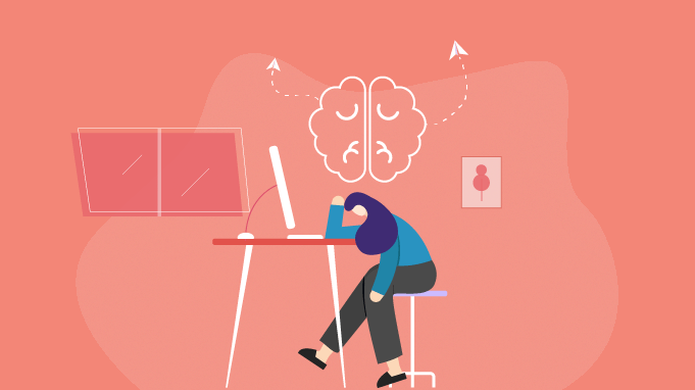
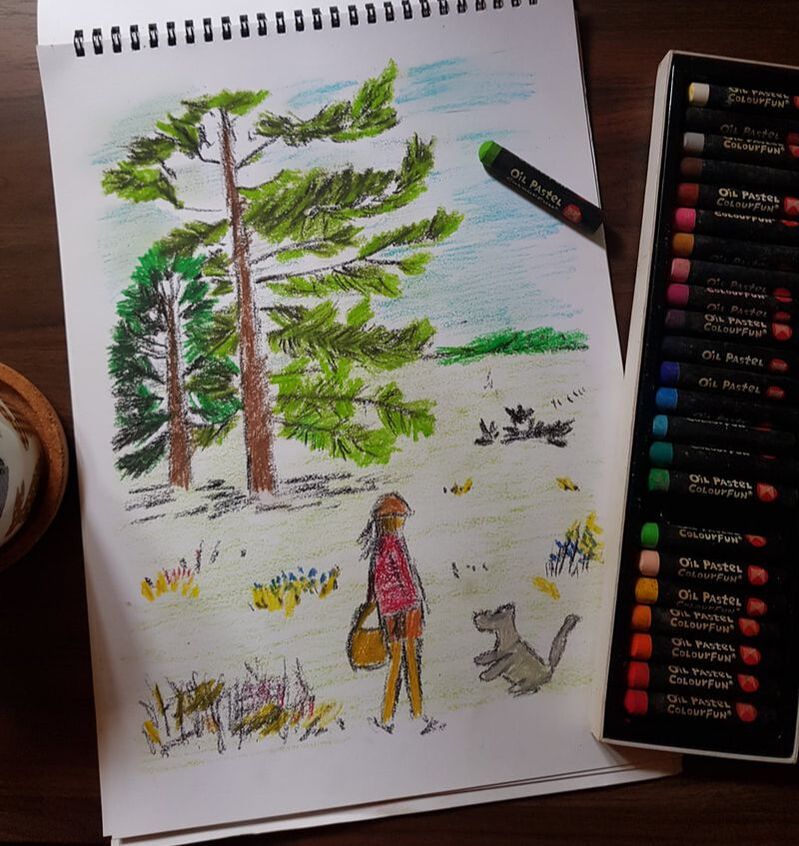
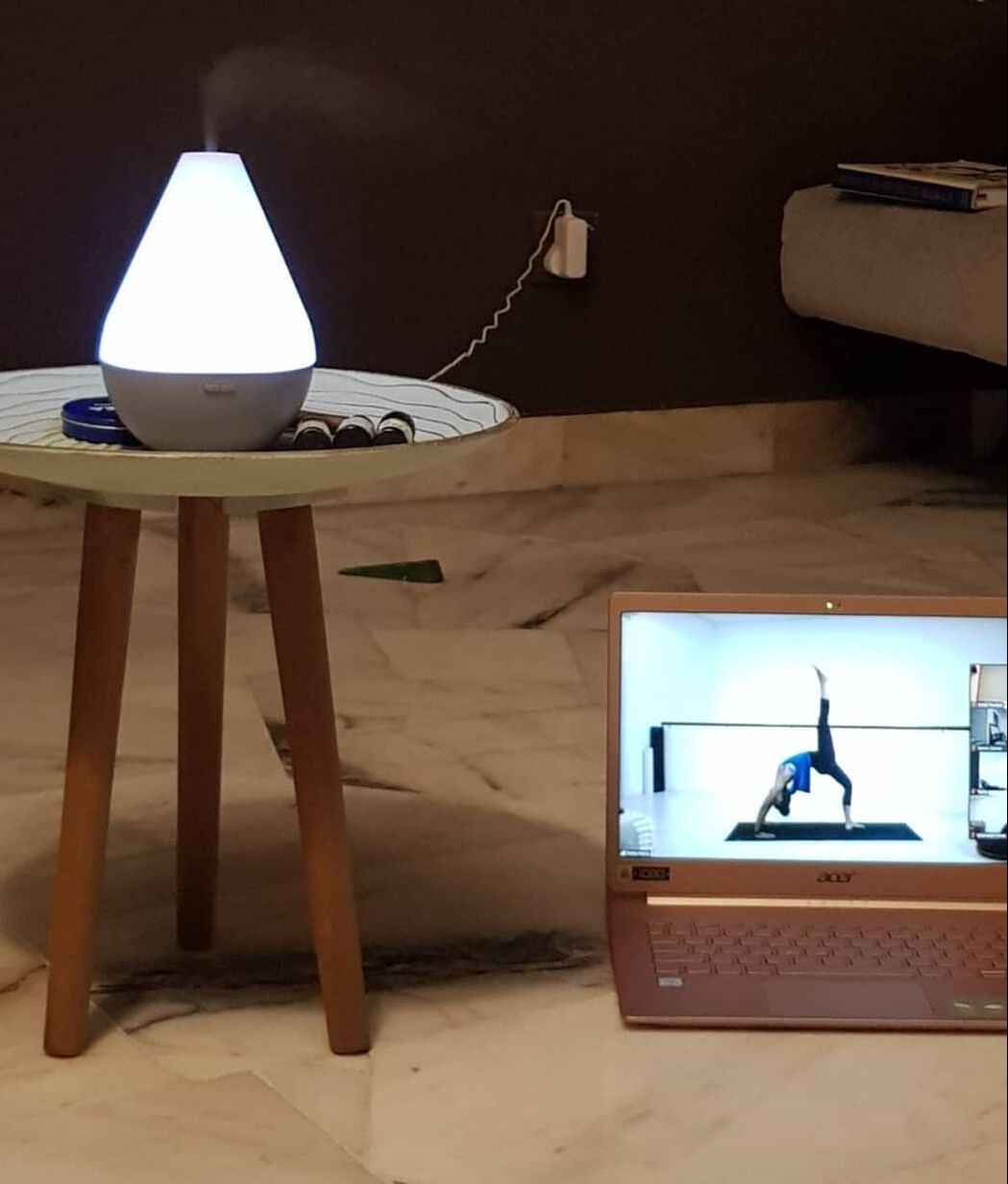
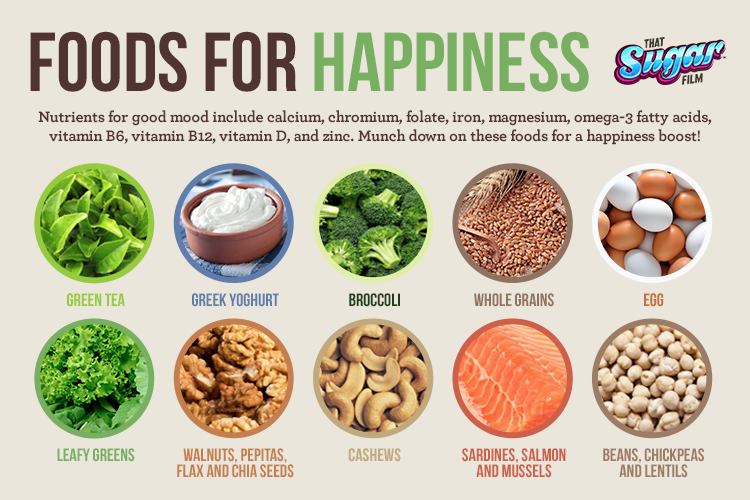
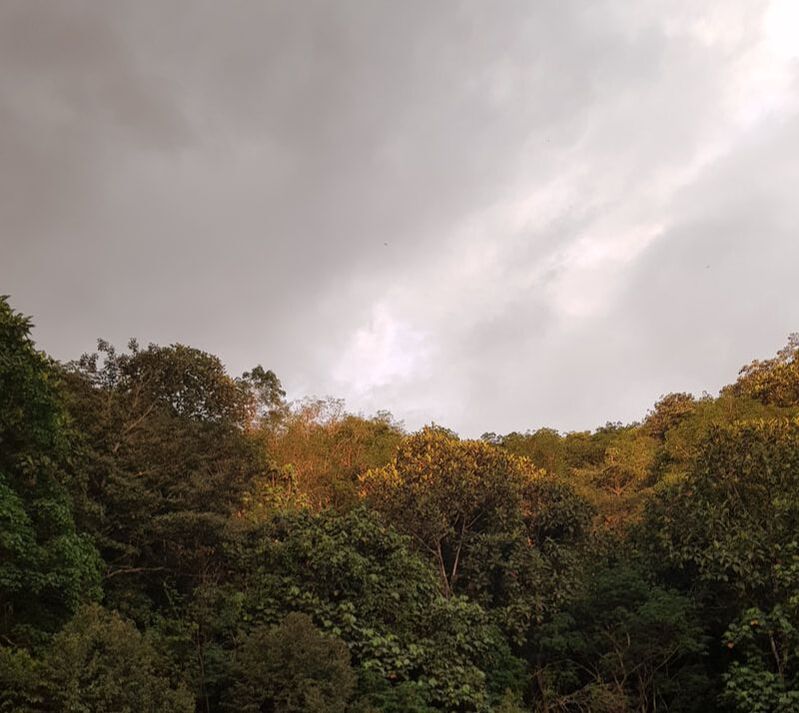
 RSS Feed
RSS Feed
